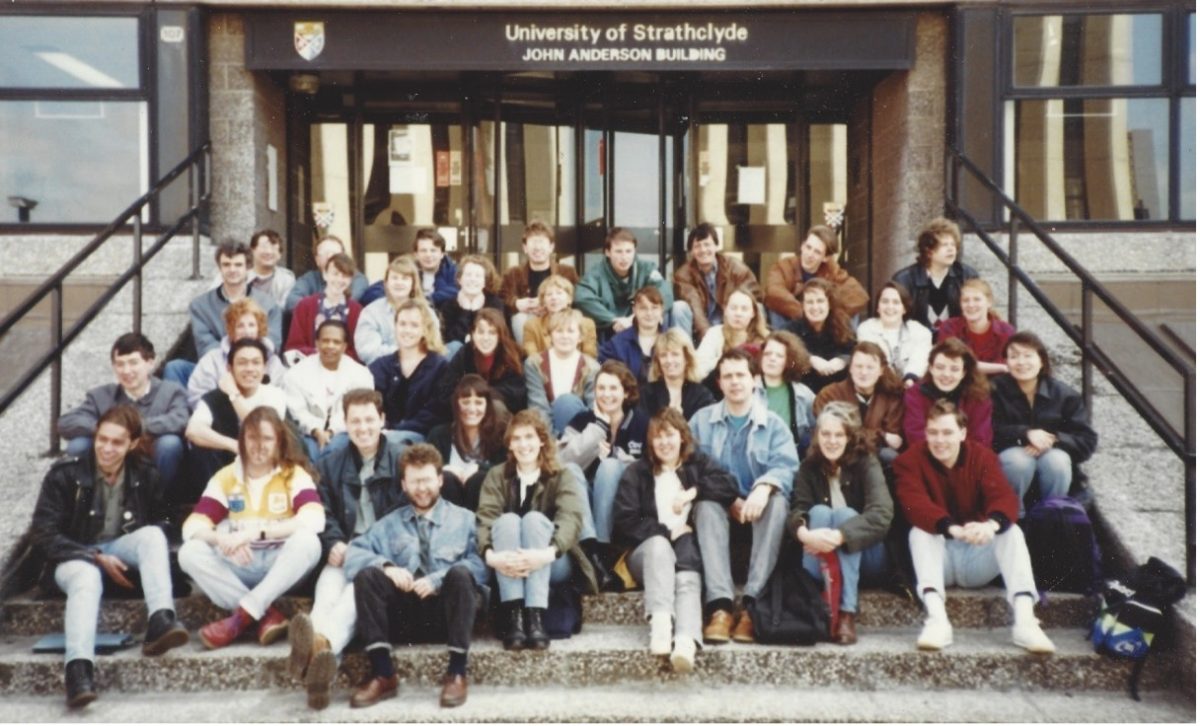Almost 150 enforcement notices were issued to Glasgow businesses in just seven weeks as part of efforts to tackle fly-tipping.
Commercial Waste Officers in the Environmental Health department issued the notices to businesses which were found to have no commercial waste contracts in place during seven Weeks of Action held since April 2022.
More than 600 businesses were visited by Glasgow’s Commercial Waste Officers during the council’s Weeks of Action which tackle environmental issues in city neighbourhoods.
Officers visited shops and other premises to ensure they had contracts in place to safely dispose of their rubbish as required by law. A total of 135 enforcement notices were issued to businesses which failed to supply evidence of a contract and three Fixed Penalty Notices were also issued for fly-tipping.
The council’s ongoing Weeks of Action tackle environmental issues in communities across the city on several fronts. As well as fly-tipping, council officers address problems like graffiti, dog fouling, overgrown foliage and litter.
In addition to the spot-checks on businesses, Officers also carried out 342 fly-tipping investigations, engaged with 283 households and issued a further 26 fixed penalty notices for fly-tipping during the seven Weeks of Action.
The work was part of a new wider strategy to tackle fly-tipping by taking pre-emptive action where possible and targeting hotspots identified using data and intelligence. Officers patrol problematic locations to deter dumpers. They also examine fly-tipping for evidence which could help identify those responsible, follow up on evidence unearthed and arrange to have debris removed. They also knock doors in the local areas, speaking to residents to offer advice on fly-tipping and correct methods of waste disposal.
In 2022/23, Environmental Health carried out 3885 visits in total to ensure businesses were complying with their waste disposal responsibilities under the Environmental Protection Act. 10% were found to have inadequate arrangements in place for waste disposal and needed follow up action to ensure compliance.
Councillor Ruairi Kelly, Glasgow’s Convener for Neighbourhood Services and Assets, said: “Fly-tipping is a blight on our communities and the council is tackling it on several fronts. Everyone has a role to play in keeping the city looking its best and this report highlights one strand of work which is ensuring businesses are fulfilling their responsibilities on commercial waste disposal. Council officers are also working with residents and communities to tackle environmental issues – for example, through the rolling programme of intensive Weeks of Action which are in addition to routine council maintenance.
“We will continue to take enforcement action wherever possible against those who continue to dump in our city.”
Work by Environmental Health also helped secure a prosecution, led by Police Scotland, against a fly-tipper who dumped 51 tonnes of tyres in Glasgow communities.
In June 2022, fly-tipper Declan Clarke, 30, from Dumbarton, was jailed for 11 months. He collected tyres from garages for a fee and hired workers and vans to dump them in car parks and on empty land.
Most of the tyres were dumped at Dalsetter Crescent in Drumchapel and went up in a fire on 24 July, 2020.
Glasgow Sheriff Court heard the fire caused so much smoke it disrupted flights at Glasgow Airport.
The information on Enforcement Notices was part of an update to the council’s Environment and Liveable Neighbourhoods City Policy Committee outlining the work of the Environmental Health team.
The report also showed that the Noise Service dealt with 3373 noise complaints in 2022/23 ranging from car alarms, entertainment noise, industrial noise, construction noise and burglar alarms to ice-cream chimes. Entertainment noise was the biggest source of complaints with 1281 calls.
Public Health also received 4708 complaints about everything from environmental pollution, cooking odours, dampness, smoke and vehicle idling to abandoned trailers and dog fouling.
The committee also heard there is a nationwide shortage of Environmental Health officers and that attempts to recruit additional officers in Glasgow had proved unsuccessful. The council is developing a strategy with Glasgow schools and universities to promote the profession as a positive career choice for young people.





